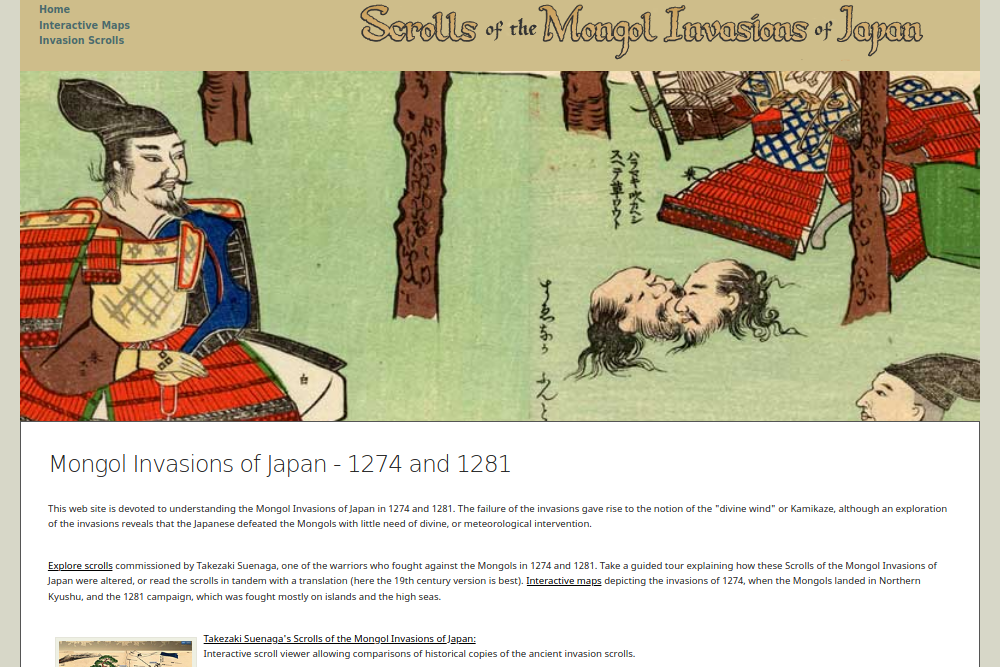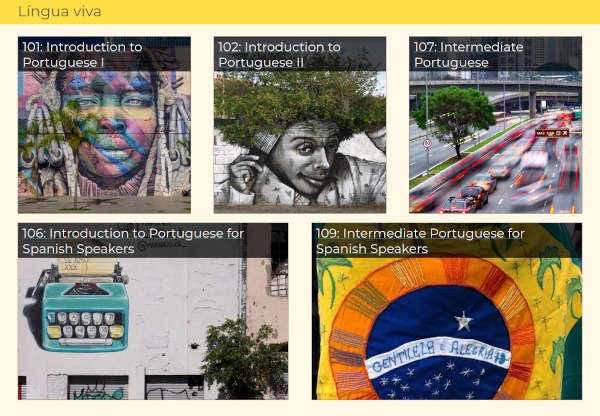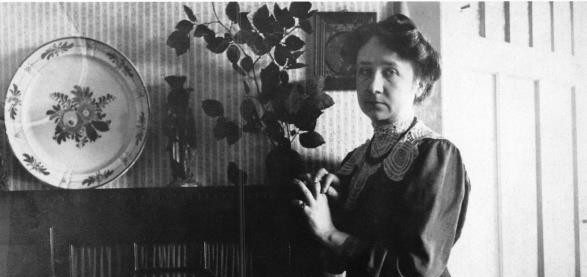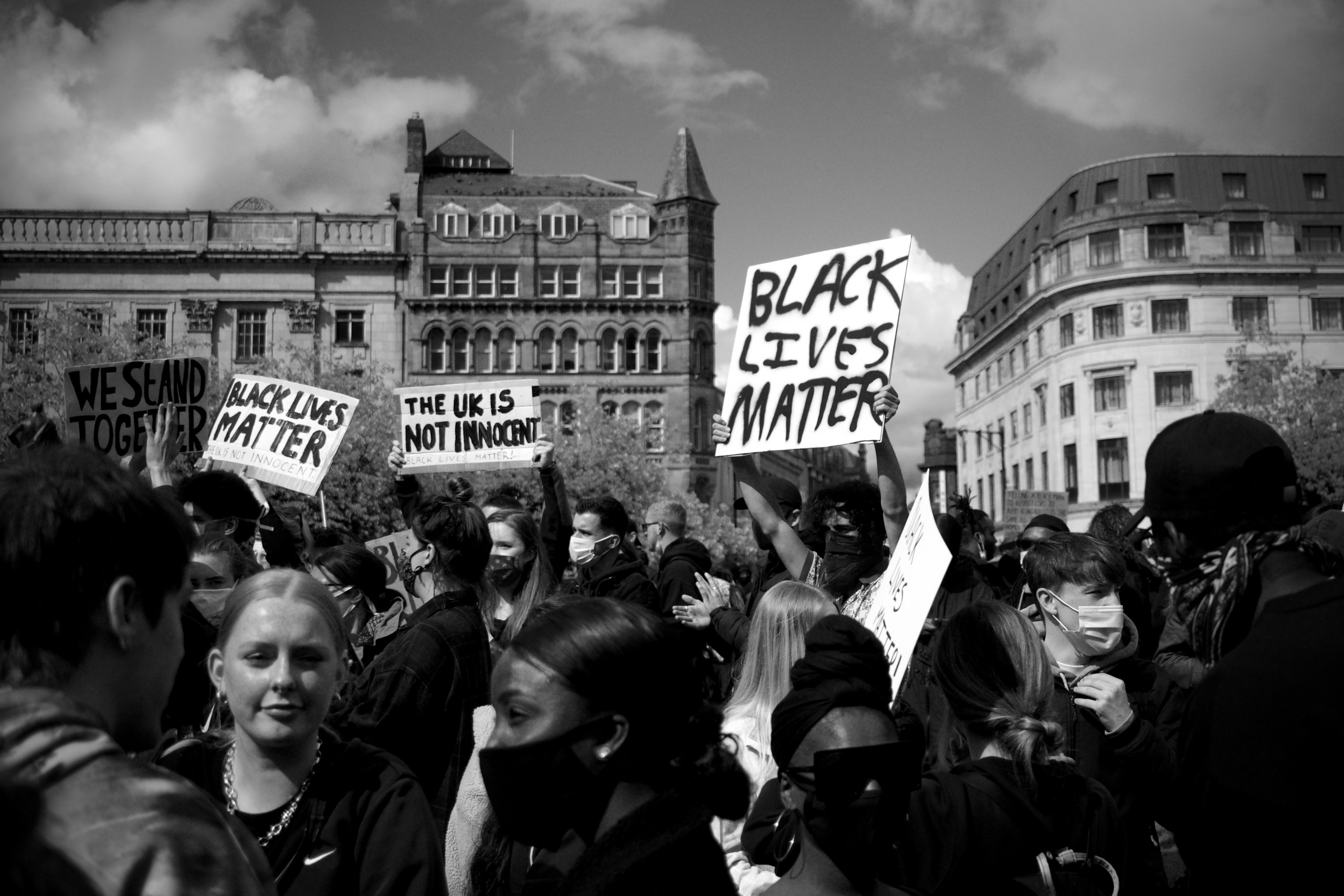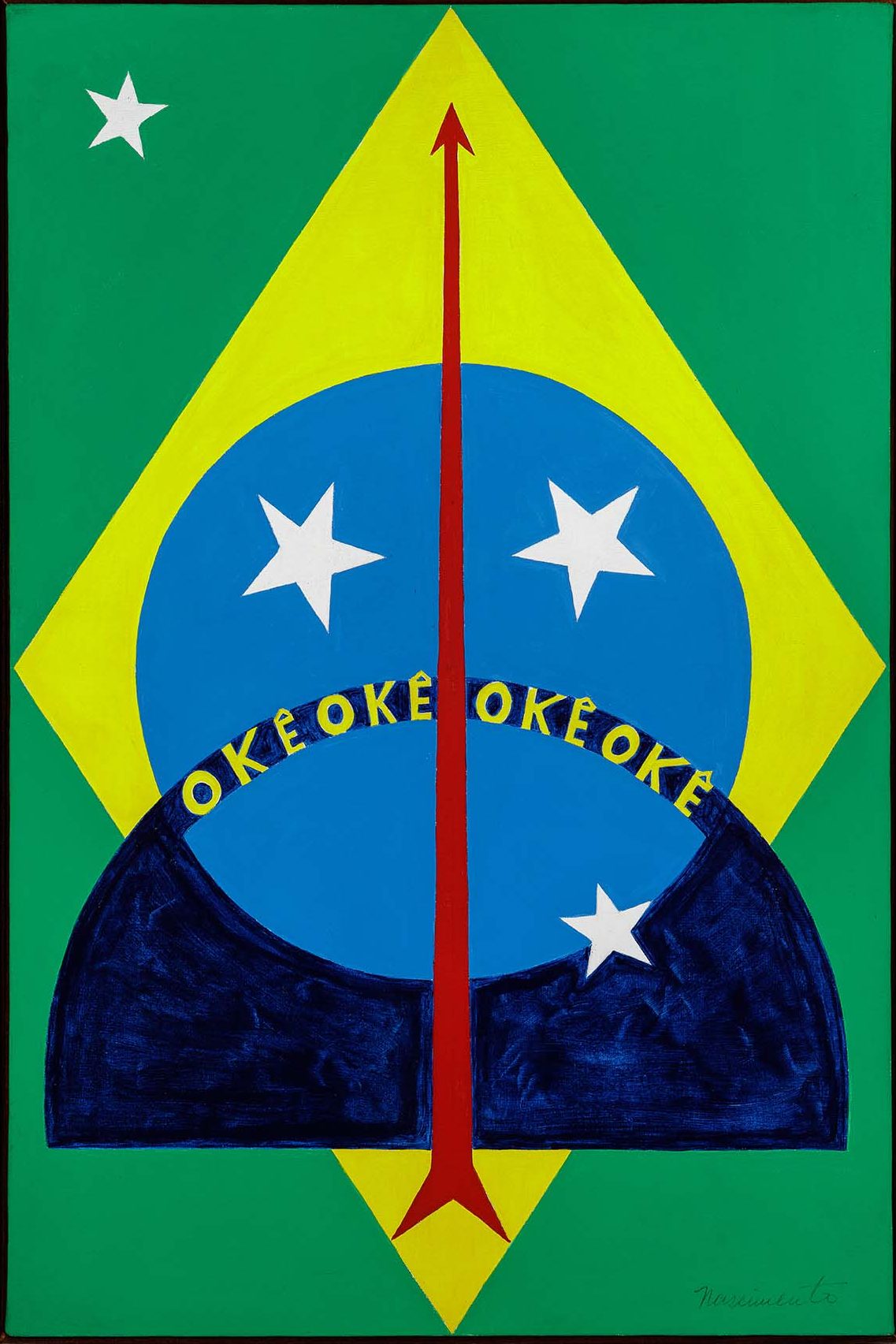The California Bay Area has been at the forefront of culinary cuisine, movements, and innovation for decades. The area has been the birthplace of everything from Mai Tai’s and Rocky Road Ice Cream to the Farm to Table movement and the commercialized Rice-A-Roni packets (“Bay Area Foodie”). At the same time, the Bay Area is home to a plethora of different technological advancements, as people from all over the world flock to Silicon Valley to pursue their technology startup dreams. These two worlds — the culinary community and Silicon Valley — intersect as local restaurants are beginning to adopt and implement new technologies.
Author: Ben Johnston (Page 1 of 10)
Ben Johnston is Senior Educational Technologist in the McGraw Center for Teaching and Learning, a unit of the Office of the Dean of the College, Princeton University.
Living Forms is the result of a semester-long exploration of site-specific dance work in Rebecca Lazier’s Site, Off-Site, Site-Responsive Dance and Choreography class as part of the Princeton Dance Festival: Reimagined 2020. This website is an evolving collection of the embedded layers that inform improvisational response that often do not find their way into the ‘final product’. You are encouraged to browse the scores, videos, recordings, links, images, and texts that are tethered to each site in the hopes that you create an improvisational response to sculpture of your own.
The Scrolls of the Mongol Invasions of Japan website is a re-development of several projects developed by Professor Tom Conlan in Princeton Department of East Asian Studies, devoted to understanding the Mongol Invasions of Japan in 1274 and 1281. The failure of the invasions gave rise to the notion of the “divine wind” or Kamikaze, although an exploration of the invasions reveals that the Japanese defeated the Mongols with little need of divine, or meteorological intervention. The website invites users to explore and compare four different scrolls depicting the Mongol invasions of Japan and provides videos of the events around the invasions of 1274 and 1281.
The project builds upon several Flash-based projects developed by Professor Conlan at Bowdoin College. This current project, a collaboration with Ben Johnston from the McGraw Center for Teaching and Learning, takes advantage or IIIF image technologies and the OpenSeaDragon Image Viewer.
Kyoto University and Princeton University have initiated a joint project in March 2020 in order to deepen the knowledge and awareness of Japanese history and culture throughout the world. The goal is to disseminate images, transcriptions, translations, and research about Japanese documents owned by the Kyoto University Museum.
The first set of documents that are translated are 53 records of the Tannowa collection. They cover the period from the early thirteenth through the early sixteenth century, and provide insight into the actions of the Tannowa, a warrior family who resided in the eponymous Tannowa estate in Izumi province. This collection is unique in that it provides, in great detail, evidence for the actions of the warriors of the central provinces near Kyoto, which rarely survive. These document reveal much about social and political conditions during the turbulent fourteenth century, when wars were fought between the Northern and Southern courts in Izumi from 1331 through 1392. The most remarkable documents in this collection include edicts from chancelleries of the noble Kujō house. In addition, a series of documents by Kusunoki Masanori, found in scroll two, are noteworthy, as are records from Ashikaga Takauji, the founder of Japan’s second warrior government. Finally, the latest documents recount the Tannowa during wars of the fifteenth and sixteenth centuries as well.
Crowdsourcing Trenton is a project related to the Trenton Project, a project researching topics relating to the history of Trenton in the 1960s. Members of the Trenton community who might have insight into the events that took place in Trenton during the 1960’s and the people involved with those events, are invited to contribute information. Over the past several years, the Trenton project has collected hundreds of photos from dozens of sources. The images we’ve found have told us much about Trenton in the 1960s and answered many questions about the events of April 1968, the main focus of our work. But some photos raise further questions.
LinguaViva is the title of a collection of textbooks used in many levels of Portuguese instruction. Hosted by the McGraw Center for Teaching and Learning, these textbooks, written by Princeton faculty, allow students to save responses directly on the website and for faculty to review that work with students.
ConTEXTos is a platform which uses a selection of mapped course readings as pedagogic frame for the independent student to navigate texts holistically in order to understand how genre, function and grammar interact. Readings available on the website are enhanced with three layers of annotation types: structural, functional, and grammatical.
This seminar will explore strategies for becoming a confident consumer of the news during the current “infodemic” — the sudden tsunami of conflicting information about the pandemic, social justice protests, and myriad other topics. Students will use time-honored principles of journalism to understand and navigate the rapidly evolving media landscape. Discussion will focus on where news comes from, and the pros and cons of objectivity. Students will craft strategies for determining their own personal media diet, and will evaluate how successful the news media has been at accomplishing the lofty goals embodied in the First Amendment.
In this course, students will engage with Brazilian culture through the concept of performance, underlining race and gender issues. How do dance, music, poetry, image, theater, film, fiction, humor, and sports represent Brazilian people and cultures? How do those practices develop between transnational zones of systemic racism and gender injustice in relation to Afro-Brazilian, Indigenous people, immigrants, and other groups? We invite students to collaborate in the creation of short performances and conversations with artists and scholars from Brazil and the U.S.



